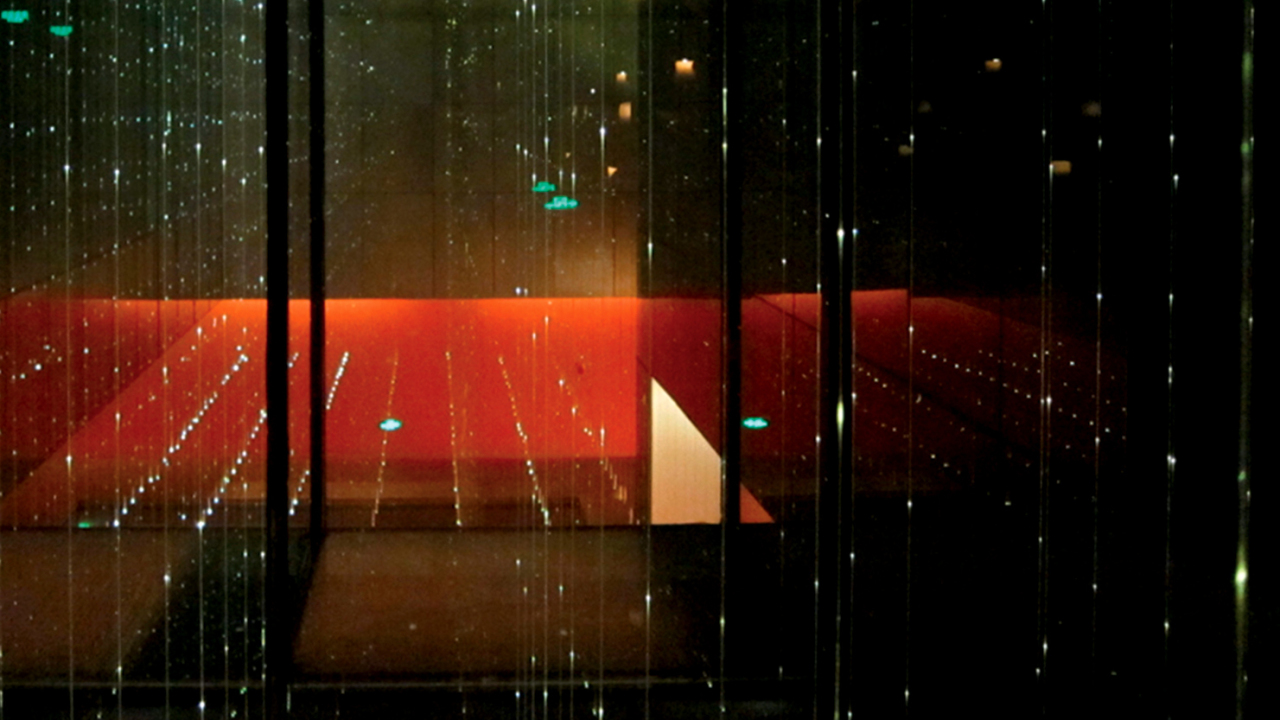If the greatest trick the Deftones ever pulled was to wholly disassociate themselves from the nu metal scene they helped to instigate, then the second greatest was to rescue themselves from the creative slump the Sacramento quintet experienced back on 2006’s Saturday Night Wrist, wherein vagueness and an inexplicable debt to Coldplay threatened to undermine their seemingly unassailable status as untouchable masters of modern heaviness.
2010’s Diamond Eyes wasn’t so much a return to form as an imperious show of strength. It shrewdly encapsulated every one of their most distinctive sonic traits while exhibiting a hitherto unheard ruggedness that suited the Californians far better than the dewy-eyed haze of its flawed predecessor. As a result, Koi No Yokan has a lot to live up to.
The second Deftones album to feature stand-in bassist Sergio Vega, this could well be the most important collection of songs the band have ever written, not least because few bands of their generation have made it this far with credibility and popularity intact. It’s apparent from the exhilarating bounciness of Swerve City’s opening riff that Koi No Yokan is a virile and exuberant beast. Always at their best when Stephen Carpenter’s gift for pulverising guitar motifs is allowed to dominate, Deftones have clearly learned the lessons of 2003’s decent but confused self-titled record and decided that focus and fire are all-important.
Like most of these songs, the wistful but destructive Romantic Dreams and the iridescent grind of Leathers are refined versions of the band’s definitive sound; the experiments and meandering of old replaced with a firm belief that sounding like the Deftones is all that really matters. And so it continues: Poltergeist explodes into action with a gnarly and muscular metal riff before morphing into a sublime chorus, Chino Moreno’s idiosyncratic voice sounding better than ever. The song breaks down midway through to reveal grotesque grinding bass and robotic handclaps, but that thrilling focus never wavers. Similarly, the contrast between angular dissonance and thunderous brute force on the lissom grooves of Graphic Nature amount to a distilled Deftones greatest hits in four and a half glorious minutes.
When the band drift into more genteel, atmospheric territory on the languorous Tempest, it’s hard to resist the notion that Koi No Yokan shares the startling consistency that made White Pony such a universally lauded classic. Meanwhile, the obscenely exciting Gauze may well be the greatest song these veterans have ever written. Although largely filler-free, not everything hits as hard as those aforementioned peaks, but Deftones were never a band obsessed with immediacy.
This is an album that demands repeated listens to ensure its many subtle moments are unveiled. Another fine and formidable addition to an intriguing catalogue, Koi No Yokan asserts the idea that like the finest wines, the best bands mature, increase in value and never lose their potency.

